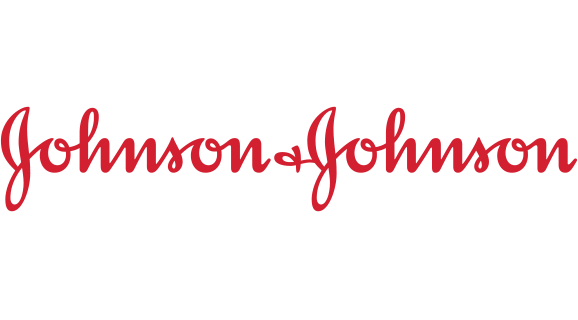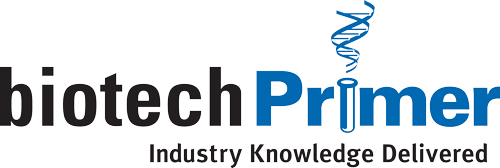Biomanufacturing introduces the intricacies and difficulties involved in manufacturing biologics. Biologics are produced in living cells, unlike small molecule drugs that are synthesized in glassware. To understand the biopharma industry, you need know how biologic medicines are produced. Biomanufacturing is for everyone in the biopharma industry, especially for those new to drug production, drug development or product launch.
OSHA Bloodborne Pathogens Regulations details current OSHA Bloodborne Pathogen Regulations, how to determine if your organization is subject to its laws, and how to properly integrate them into existing medical surveillance, health, and safety programs.
What are considered good publication practices for communicating company-sponsored medical research and how do these practices impact publication development and planning? Learn more in this pub planning module.
Diagnostics' Role in Medicine Today introduces the ever-expanding molecular diagnostics industry. Diagnostics save lives by helping to pinpoint the exact cause and location of disease. Learn the purpose of each type of diagnostic, the science behind personalized medicine, and how companion diagnostics help doctors prescribe medication and dosage correctly the first time. If you are new to this area of health care, Diagnostics’ Role in Medicine Today will provide a solid foundation on which to build your diagnostic acumen.
Do you need to understand the drug development process, including details about a drug's life cycle from its discovery through post-marketing studies? This is the course for you.
Drug Discovery of Biologics explains the steps involved in discovering new biologics, with a special...
Explains the steps involved in discovering, validating and optimizing new therapeutics.
Elements of a Biorisk Management Program summarizes the major practices and principles, as well as the tools necessary, for organizations to integrate biological safety and biorisk management techniques into their existing laboratory operations and programs.
Explore life sciences/healthcare innovation from the vantage point of the world’s most successful startup ecosystem – Silicon Valley.
Comprehensive review of the Do's and Don'ts for AD/Promo Tactics: covers types of drug and medical device advertising, promotional labeling (booklets, brochures, direct mail, exhibit booths, file cards, monographs, publications, sales aids, videos).
Detailed review of content do's and don'ts including comparative/superiority, charts/graphs, competitor information, “cherry-picking”, disclaimers, references, market research data, quality-of life claims, company spokespeople.
Do we correct information about our drug in a company’s sponsored chat room? What types of websites shouldn’t we link to? Learn the FDA regs and more.
Do we correct information about our drug in a company’s sponsored chat room? What types of websites shouldn’t we link to? Learn the FDA regs and more.
How do you “frame” risk information for a prescription product? What are misleading ‘signals’ in audio or visual promotion? Learn the FDA regs and more?
What are the requirements for posting on Twitter? What happens if you decide to correct misinformation on the Internet? Learn the FDA regs and more.
How should reprints with off-label information be issued once they have appeared in peer-reviewed medical journals? Learn the FDA regs and more?
What are the three basic requirements for press releases? How do you know whether a press release is fairly balanced? Learn the FDA regs and more.
What are the FDA requirements for prescription drug advertising versus promotional labeling? Can secondary endpoints be used in product promotion? Learn the FDA regs and more.
Do we correct information about our drug in a company’s sponsored chat room? What types of websites shouldn’t we link to? Learn the FDA regs and more.
What are the members of the promotional review team and why are these functional roles important for Medical, Legal and Regulatory (MLR) Review? Learn about MLR and more.
How Diagnostics Work: DNA-Based Diagnostics explains the molecular science and technology used in a common set of diagnostic tools, including the various types of PCR, SNP chips, next-generation sequencing and microRNA techniques. Gain entry to the fast-paced field of molecular diagnostics by taking this course.
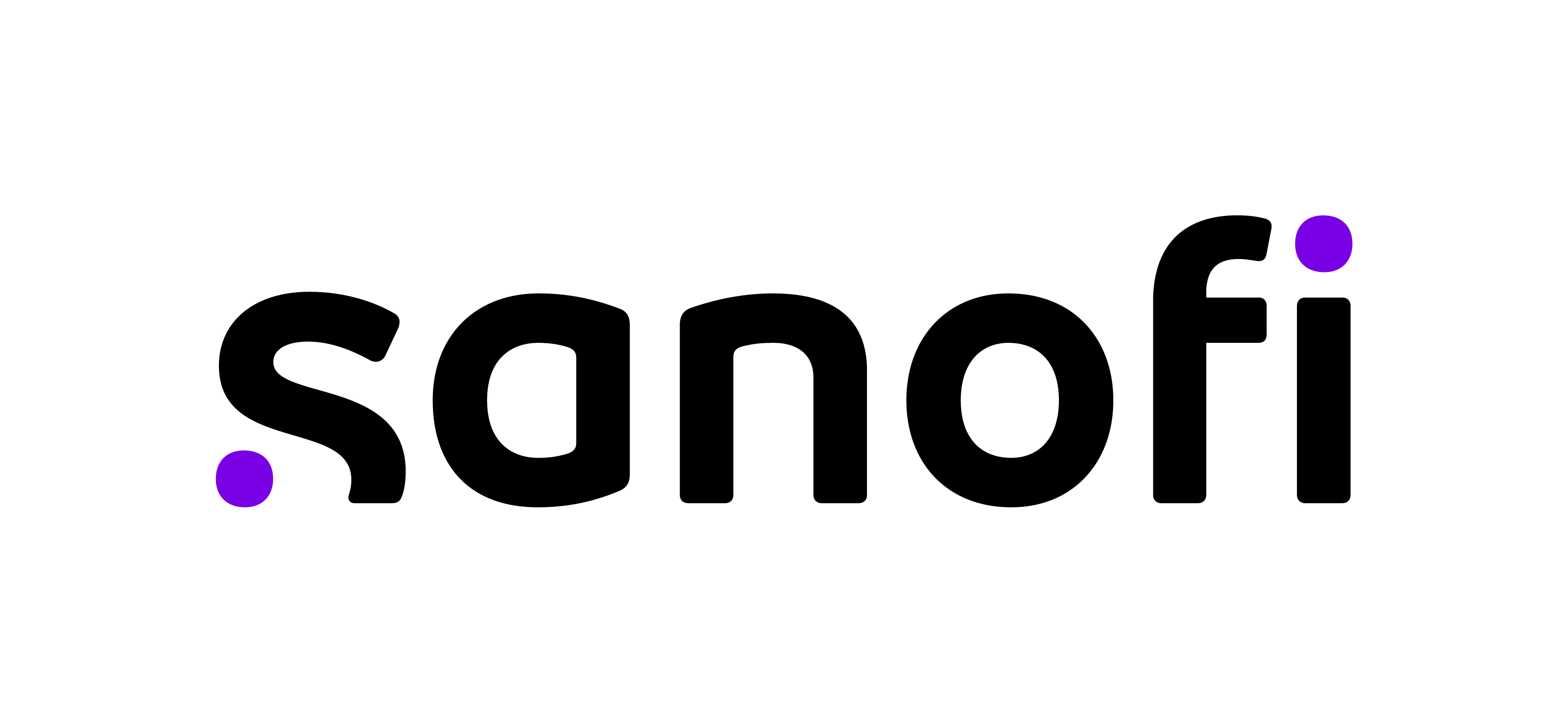
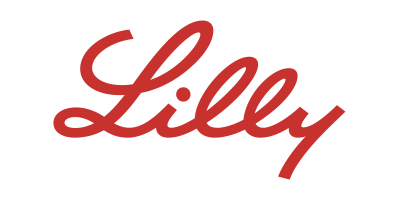



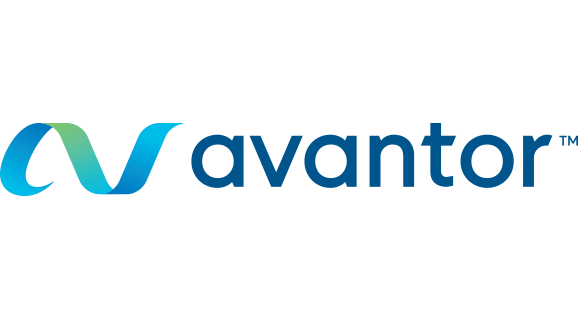

.png)
